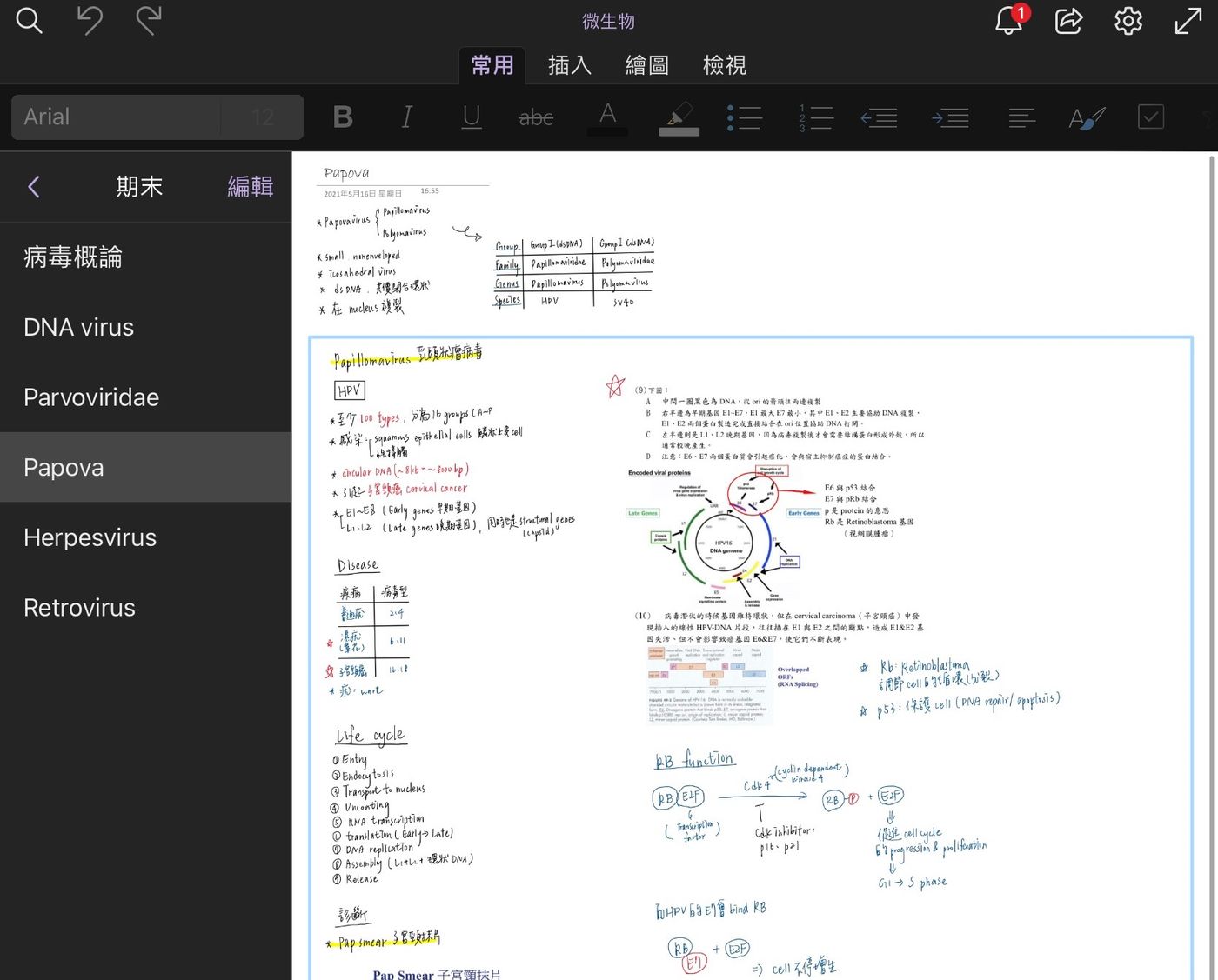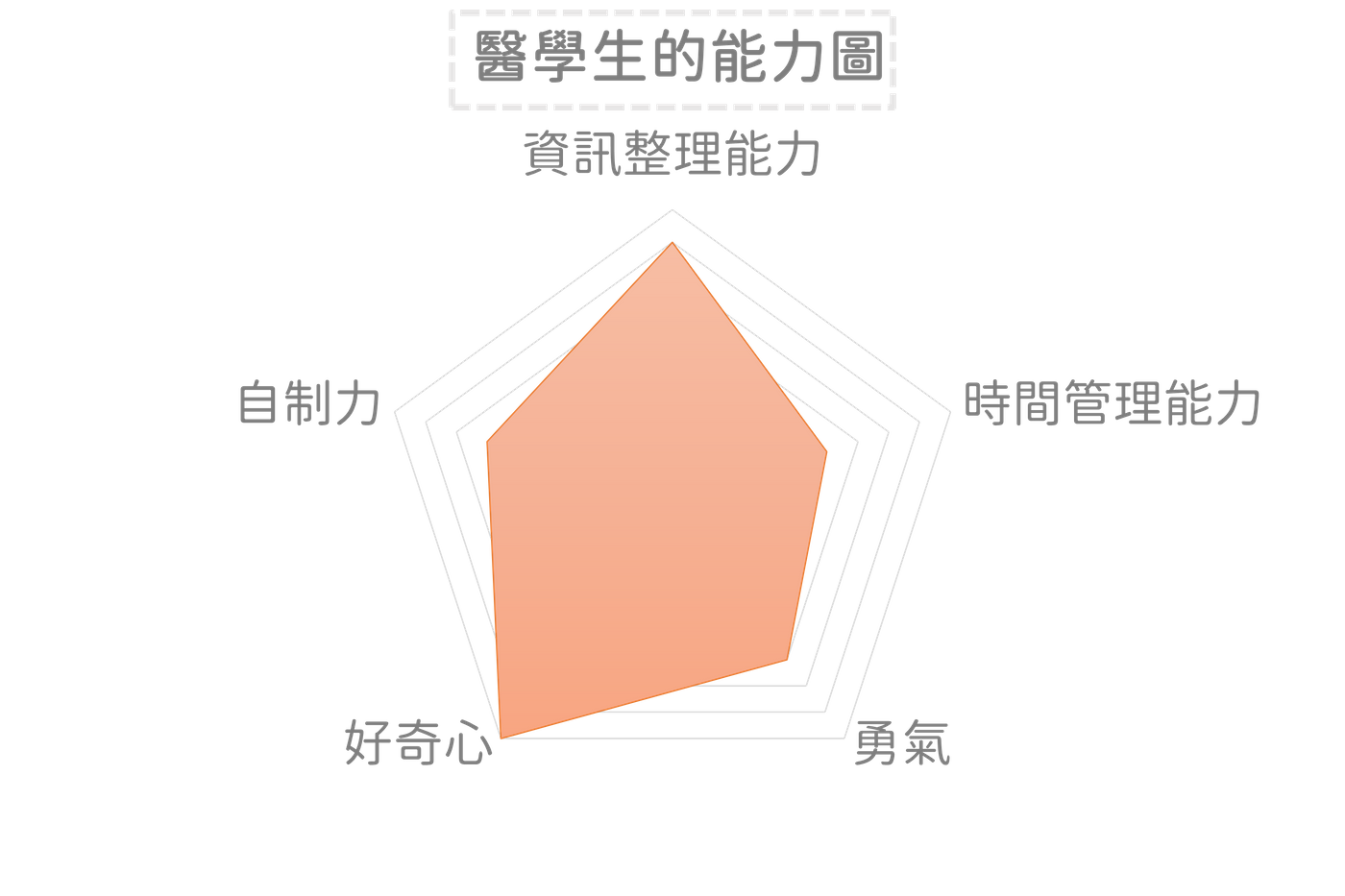
日常書寫 | 社會議題感思 | 手寫 | 動漫 台灣是台灣人的台灣:)
Want to study medicine? Let me first tell you what the medical department looks like (Part 1)
This article is purely personal opinion, not to be believed, but it can be used as a reference.
I hope that students who are interested in this department or who have already set a choice can learn more about this department :)

Text begins!
What exactly do we need to read?
The first-level national examination subjects of the Department of Medicine include Biochemistry (Biochemistry), Anatomy, Embryonic and Developmental Biology, Histology, Physiology, Microbial Immunology (Microbial Immunology), Parasitology, Pharmacology, Pathology, and Public Health Because my qualifications are still relatively low, the only subjects I have completed are biochemistry, microimmunization and some public health studies , and I will not enter anatomy, embryos, and tissues in the next semester.
I heard that the medical department has a lot of books to read? Yes, we are a bunch of students who stuff a lot of knowledge into our heads. To be honest, I personally think that we, who have not yet entered the clinical stage, use less logical reasoning ability, but recite the most. In class, we mostly use the PPT given by the teacher, and use technology such as computers or tablets to take notes; of course, there are also authors who use paper, but they are currently in the minority. Common writing is usually used when reading after class, occasionally supplemented by online resources or original books. (There should be a lot of introductions on the Internet, so I won’t go into details.) In addition, we have a lot of exams. The common configuration for freshmen and sophomores is two mid-term + one final configuration, and anatomy-related subjects after junior year are all one. Take the test every two weeks.

There is another aspect that is easily forgotten: the medical humanities. Many people may cry: "I was admitted to the medical department because I didn't want to study society anymore!" I'm sorry, but medical humanities actually occupy a very important position in the medical department, especially in recent years, there is a trend of increasing attention. Medical humanities include medical philosophy, medical history, health sociology, medical anthropology, etc. I personally think that learning these is more important than reciting subjects, although many people still think that they are nutrition credits (after all, the national test or not).
Nutrition credits: Courses for which you learn nothing, easily pass and earn credits.
What kind of people are medical students?
wack.
Medical students are really weird, and I don't deny that I'm weird. After two years of observation, I realized that almost all medical students have one characteristic: they are easily attached to something and push themselves to the limit. Some people have excellent information skills, some people participate in laboratories and publish papers, some people are national players of a certain skill, and some people are already online KOLs; when I usually focus on these extracurricular activities, I try to burn the small universe and forget it. If you want to study, you will spend three days before the test and spend at least 1/3 of the knowledge in the original book, and then get a good score. A staple for medical students.
Of course, you can become a medical student who usually spends most of your time studying, but don't forget that we go to university not only to study a major, but also for the higher education and career exploration that the university can provide. After studying in college, you should have better thinking skills, and you should learn to explore life; most medical students can understand that we don’t just want to study a medical major, but want to enrich ourselves through university education.
What qualities should you have to study medicine?

Here are a few traits that I think are important and can be cultivated!
- Information sorting ability: an important ability related to reading and playing activities. Make good use of tools to increase your productivity and efficiency, so that you can balance schoolwork and extracurricular activities.
- Curiosity: If you are interested in actively exploring things you don’t understand, you can continue to read in the medical department with a lot of knowledge.
- Time management ability: To be honest, most people prefer extreme sprints, but this is still a must-have ability, otherwise there will still be a few medical students every semester! (Are you surprised? Even if you are admitted to the medical department, you will still be accepted.)
- Self-control: Because there are a lot of books to read, if you don’t have self-control, you may be regarded as miserable; but as mentioned above, many people still like extreme challenges, so it doesn’t matter if self-control is not high, you can focus on It's good to have.
- Courage: Have the courage to fail. In the medical department, everyone is weird and genius. When entering this department, failure is commonplace, and after being discouraged, you still have to maintain such courage to move on.
So, if I'm a high school student, what can I do to prepare for the medical department?
- Follow up some students or professionals in medical-related fields who are running fan clubs or self-media, such as: One Leaf Clover, Yiquan Superman, Blue Pigeon, Roadblock, Moo, etc. We can make good use of trivial time and use social media to understand the ecology of this department more, which must be beneficial and harmless.
- Pay attention to medical-related issues: Tracking the above-mentioned self-media also has the effect of achieving this purpose. In addition, if you have the habit of reading news, you can consider reading more related articles or columns. If you want to enter the medical hall by personal interview, paying more attention to medical humanities issues can make you more effective when preparing for the interview. (Patient autonomy law, human rights violations under the epidemic, euthanasia issues... There are so many things to pay attention to and think about!)
- Familiarize yourself with the elective biology in high school: In fact, the elective biology in high school teaches fur, but it is useful for general students who are just entering the university. In particular, many high school teachers will supplement the content of general students as class notes, so it is recommended to be familiar with the elective biology in high school.
- Join the camp: If there is a financial consideration, you don’t have to join the camp, which is why I put the camp at the end. In short, it is not recommended to join a bunch of medical camps to brush your resume; if your family is enough to support the camp expenses , it's okay to take part. The medical camps held by many universities are not bad, and there is no particular school camp that I recommend here. In addition, I just want to mention a team called SLEK (Self Learning, Enjoy Knowledge). If you do not join the camp with the mentality of having fun and making friends and want to study hard, it is recommended to sign up for their home-run medical camp, and you will really gain a lot. , will also really have a certain concept of the curriculum of the medical department
First of all, I declare that I do not charge any fees. The fan pages or teams mentioned above are all my personal recommendations XD
This article focuses on sharing my own opinions and giving high school students some simple advice. Next, there will be a more focus on describing what I am doing, and you are welcome to continue to explore what the medical department is doing together.
If you have any questions, you can leave a message below! If you like it, clap your hands, I will know if I should do the next part (Hey~)
Like my work?
Don't forget to support or like, so I know you are with me..
Comment…